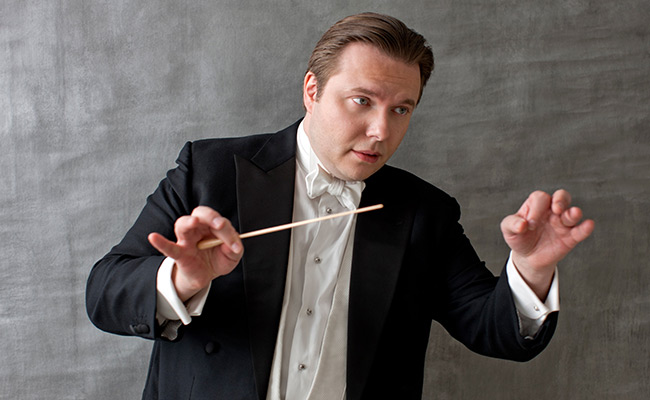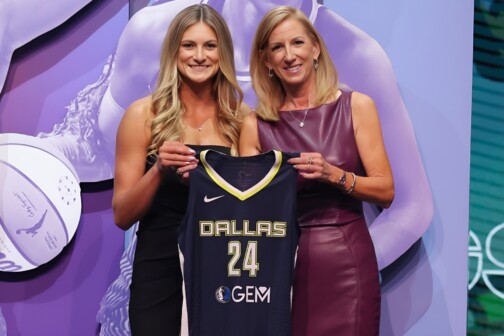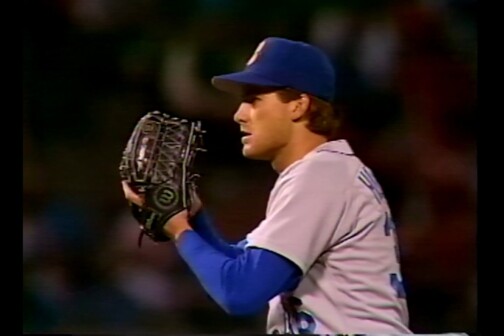It was hard to find the logic in Friday night’s concert by the Fort Worth Symphony with guest conductor Ignat Solzhenitsyn at Bass Performance Hall, in a program dominated by musical orphans. Two of the three works on the program were pieces of music more or less abandoned by the composers and unpublished until after their deaths.
Conductor Solzhenitsyn (son of author Aleksander Solzhenitsyn, (in case you’re wondering) opened the program with comments relating to the terrorist attack in Paris; following a moment of silence, Solzhenitsyn and the orchestra presented Ravel’s “Mother Goose” Suite, a miniature masterpiece reflecting, in its balance and serenity, the most beloved aspects of French culture. Although this suite had long been planned as part of the repertoire for this concert, its presence on the program provided an opportunity, as Solzhenitsyn pointed out, to reflect, in a moment of crisis, on the beauty and durability of French culture.
The orchestra itself, currently playing without contract as somewhat difficult labor negotiations proceed, comported itself handsomely in a work that demands intense expertise both in the numerous brief solos within the orchestra as well as in the delicacy and precision demanded on the whole. And, while conductor Solzhenitsyn held the technical aspects of the performance together adequately, he failed to find a convincing impetus, presenting the five movements as individual moments without creating a sense of structural wholeness that can elevate this suite from a merely pleasant to a sublime experience.
The first of the two aforementioned musical “orphans” arrived in the form of Serge Koussevitsky’s Concerto for Double Bass, with the orchestra’s principal double bass William Clay as soloist. Russian-born Koussevitsky was best-known during his lifetime as principal conductor of the Boston Symphony and, in that capacity, for commissioning numerous new works from contemporary composers. He was also, however, an occasional composer and skilled double bass player, who composed this double bass concerto, which he performed a few times during his life but left unpublished at his death in 1951. Although it has become one of the beacons in the notoriously small concerto repertoire for the double bass, neither Koussevitsky nor Clay discovered much of interest in this short, derivative work that seemed neither modern nor convincingly romantic or passionate in this performance.
The second orphan on the agenda, Rachmaninoff’s First Symphony, was likewise abandoned after a poorly received premiere in 1895, and not heard again until after the composer’s death, decades later. A sprawling work, nearly forty-five minutes long, this symphony is rich in extravagant themes and gestures, but fails to match the expertise and inspiration of the composer’s later output. Solzhenitsyn, conducting from memory, clearly takes the work seriously, but once again failed to communicate any real power or profundity in the work.




